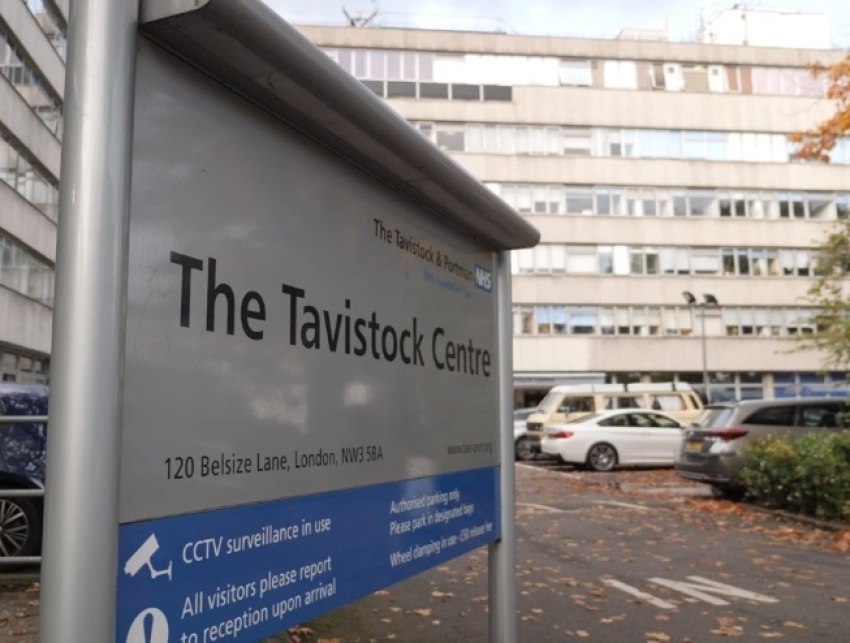UK court rules parents can consent to puberty blockers on behalf of children

A British high court has ruled that parents are allowed to give consent for their minor children to take puberty blockers as part of gender identity services without first acquiring a judge's approval.
According to Reuters, the decision was handed down last Friday. It came months after the same court held that children under the age of 16 were not mature enough to give informed consent to such experimental medicalization, particularly because of the consequences to their long-term health.
That ruling also required doctors to obtain what is known as a “best interests” order from a judge to prescribe such drugs to youth. At issue in the case was the “Gillick competence” test, which holds that parental rights in the United Kingdom that pertain to medical treatment end when the child achieves enough understanding and intelligence to understand what is being proposed.
The Gillick standard, from which the competence phrase is derived, centers around a 1985 case that was decided in the House of Lords. In Gillick v. West Norfolk and Wisbech Area Health Authority, lawmakers debated whether an under-16 minor could be prescribed contraception without parental consent.
Judge Nathalie Lieven said Friday that “the parents’ right to consent to treatment on behalf of the child continues even when the child is Gillick competent to make the decision.”
In response to the ruling, the medical facility named as a respondent in the case, the Tavistock and Portman NHS Foundation Trust — the lone youth gender identity clinic in the U.K. — said in a statement that it’s “working with NHS England to work out how it will impact our processes going forward.”
Others view the Friday ruling as a partial reversal of the earlier ruling against the Tavistock clinic, which was brought about in part by Keira Bell, a 23-year-old detransitioned woman who underwent the experimental treatment at the facility as a teenager.
Bell had her breasts amputated as a young adult and then wound up regretting the entire gender transition later in her life. Bell argued in her case that she was incapable of understanding the risks of the medical interventions and that she is now likely not able to ever have children because of how the drugs compromised her fertility.
The latest case was brought by a couple contesting the ruling in the Bell matter to have the right to consent on behalf of their child. They argued that they should be able to do so without going to court and gaining a judge’s approval.
The Good Law Project, a campaign group that backed the parents, said the Friday decision was “hugely significant” and that it was “not unreasonable to describe this morning’s decision as in large part reversing the practical effects of Bell.”
A recent study published in PLOS One followed a cohort of youth treated at the Tavistock clinic and found that the use of puberty blockers was shown to have stunted their bone growth. Of the 44 children who went on the puberty-suppressing drugs, 43 continued to cross-sex hormones.



























